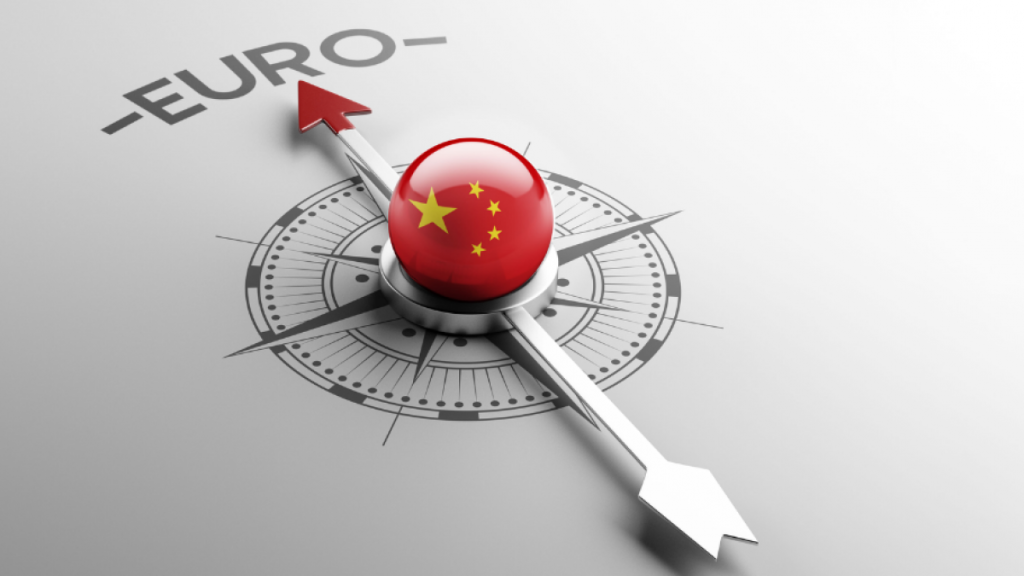China’s not-that-successful investments
Abstract:Chinese investors have a long way to go in the way they organise and manage their investment projects. Especially now, in an often China – hostile environment, Chinese investors are often blatantly cheated.

China has a long way to go.
Chinese investors have a long way to go in the way they organise and manage their investment projects. Especially now, in an often China – hostile environment, Chinese investors are often blatantly cheated.
Failed investment projects in Belgium
Here in Flanders, Belgium, we have our fair share of failed Chinese investment projects.
- The Fortis bank saga:
The full (quite complicated) story is here on Wikipedia: https://en.wikipedia.org/wiki/Fortis_%28finance%29
Basically, in brief: in early 2008, in full financial crisis, the Belgian government, pressured by Maurice Lippens (a famous Belgian oligarch, chairman of the Supervisory Board of Fortis), simply seized the 50% share that Ping An of China had taken shortly before in Fortis Investments, a subsidiary of Fortis.
- The Eandis affair:
Another disastrous attempt to cooperate with China was the Eandis affair. Eandis, now Fluvius, is a Flemish (Dutch speaking North of Belgium) SOE responsible for electricity and gas distribution. In September 2016, in an attempt to upgrade their smart meter technology, they reached an agreement with State Grid Corporation of China about a 12% investment by SGCC. Only days before the official contract signing ceremony, with the SGCC people waiting in their hotel, the Belgian mainstream media began an immense counteroffensive, forced the Belgian State Security to write and release a report, stating that an agreement with SGCC was a serious security risk. Right away, the whole political caste came into action and cancelled the SGCC agreement.
- The Alibaba disaster:
Almost two years ago, Jack Ma proudly announced that he reached an agreement with the Walloon government and the airport of Liege (SOE by the Walloon government) for a drop-shipping warehouse and a reduced airport tax for Alibaba parcel freight airplanes. Shortly after the warehouse opened, there were right away issues with the Walloon labour unions, the Belgian Post and customs services. Alibaba then learned that work ethics in the Walloon (French speaking, South) area was very different from not just China but also from Germany, Slovakia or other developed countries where they have warehouses. The customs services delayed parcels on purpose, the Belgian post services forgot to forward certain parcels, sometimes parcels were stolen by their own employees. Alibaba then fired most of the employees and replaced them by Chinese people; they also provided Chinese people to the Belgian customs services to “support” them (actually to do the job and prevent parcels get stolen)
FYI: very similar issues happened at Baxter (Lessines), Google (St. Ghislain), Toyota (Valenciennes) all in the french speaking south of belgium.
Before their investment decision, Alibaba didn’t benchmark these companies, didn’t learn from their mistakes.
I agree that China should learn from its mistakes. In all these cases, Chinese investors carefully complied not only with design and engineering requirements and standards but also with the rule of law, transparency, human rights and environmental and social governance principles. They really did. But they were entirely unaware, ignorant even, of the backroom politics and the powerful influence of the mainstream media on important investments in Europe. China is not ready for investments in a China-hostile environment.
From an acquaintance in China, I heard that the Fortis affair is mentioned in an instruction book of a kind of Chinese Chamber of Commerce in an attempt to prevent such disasters in the future. But I have never seen that Chinese investors manual.


